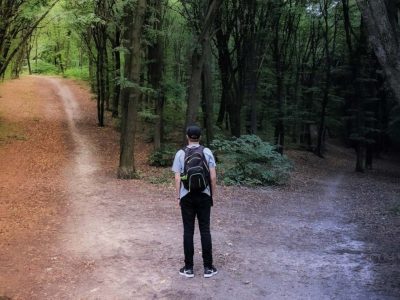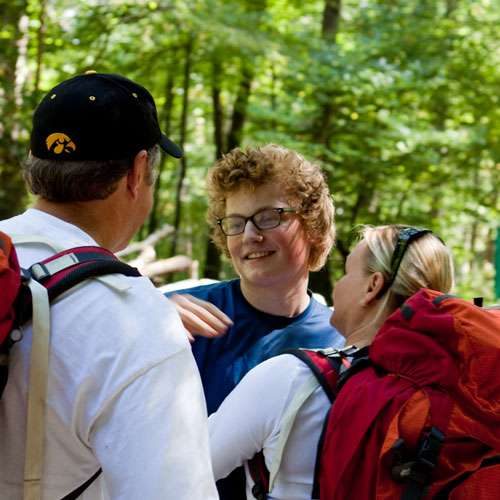A 2015 Pew Research Center study found that 84 percent of boys and nearly 60 percent of girls play video games–that was two years ago, so the numbers are probably higher now. Now, not every teen who plays video games is going to develop a video game addiction, but it’s becoming clear that it’s not exactly “rare.”
It’s certainly not uncommon for a teen to have a game console, television, or other devices in their room–but a new study shows that this commonality may be a huge mistake. As parents, we can take precautions to lower the chances of video game addiction and one of them may be keeping devices out of the bedroom.
Why allowing devices in the bedroom may cause issues for your child
In a recent study conducted by Iowa State University, researchers looked into the effects of letting children have devices or video game consoles in their own bedrooms.
 This study is one of the first to look deeply into this subject. They found that academic issues, obesity, and video game addiction were associated with where the TV or game consoles were in the house. When it was located in the bedroom, the risks were higher compared to it being in a more communal area.
This study is one of the first to look deeply into this subject. They found that academic issues, obesity, and video game addiction were associated with where the TV or game consoles were in the house. When it was located in the bedroom, the risks were higher compared to it being in a more communal area.
The researchers tracked the effects over the course of six months to two years. Not only were the connections previously mentioned made, but individuals who had “bedroom media” viewed or played more violent material–which they found correlated with heightened levels of aggression.
They believe this may be because parents aren’t as aware of what’s going on in their child’s bedroom compared to when it’s in a communal space.
More screen time, less reading
National studies have shown that greater than 2 in 5 children, aged 4 to 6, have a TV in their bedroom and that the mass majority of children older than 8 have a TV or game console in their bedroom. Douglas Gentile, lead author of the study, says that the amount of time children spend on screens is trending upwards.
Gentile says having a TV or game console in the bedroom is not only causing the possibility of serious issues, but leading children to do less of certain activities–like reading.
Gentile says, “When most children turn on the TV alone in their bedroom, they’re probably not watching educational shows or playing educational games. Putting a TV in the bedroom gives children 24-hour access and privatizes it in a sense, so as a parent you monitor less and control their use of it less.”
As more studies like this come out, I predict it will become clear that technology and video game addiction are something for parents to really fear. If you believe your teen is struggling, it’s critical to reach out to a professional for further guidance.
Trails Carolina helps with video game addiction
Searching for the right program that fits your struggling teen can be a lengthy process. If traditional outpatient therapies aren’t offering improvements, it might be time to look into a wilderness therapy program like Trails Carolina.
Trails Carolina is a wilderness therapy program for teens, ages 10 to 17, struggling with issues such as depression, defiance, anxiety, ADHD and many others. We strive to create meaningful change within our students through the use of individual, group, family, equine and wilderness therapy. We can help your family recover.
For more information about help with video game addiction at Trails, contact us today at 800-975-7303.
Get started today
Contact us today to learn how Trails Carolina can help your family
Trails saved my daughter’s life. Amanda is an amazing human and a brilliant therapist. I am so grateful to her, Science Steve, and the other wonderful people who could reach my daughter at a time when I could not.
Margot Lowman August 2022
Great life changing experience for our son. After becoming addicted to gaming during covid he was very depressed. At Trails he experienced the wilderness, Science Steve, learning survival skills and top notch therapy and support etc… I highly recommend! This gave our son and our family a renewed family bond full of love and excitement about his bright future.
Winnifred Wilson July 2022
Outstanding clinical work and superb staff! There’s a great culture at this company and it shows with how they engage with families/clients.
Kristin Brace June 2022
Discover If Trails Is The Right Program For Your Child
Take our short online assessment and help us better understand how we can help your family.




